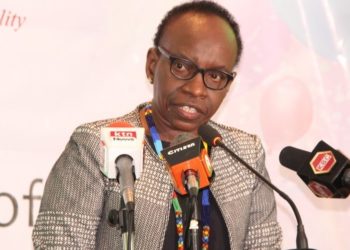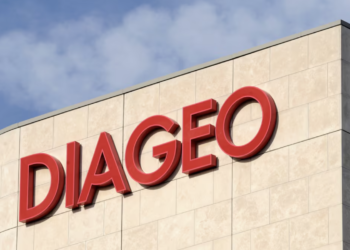In a robust defense of President William Ruto’s Affordable Housing Program (AHP), the Kenyan government has refuted claims of low uptake and unsold units, asserting that the initiative is meeting its objectives and transforming lives across the nation.
State House Spokesperson Hussein Mohamed issued a press statement on August 6, 2024, addressing what he termed “mischievous” and “deliberately misleading” reporting by the Daily Nation newspaper. The statement came in response to an article titled “Puzzle of Ruto Housing Projects,” which suggested that government agencies were struggling with stocks of unsold housing units.
Mohamed clarified that the housing projects mentioned in the Daily Nation’s report were not part of the current AHP, but rather initiatives launched before President Ruto took office in September 2022.
“None of the housing projects listed in the newspaper story fall under the AHP,” he stated.
The AHP, a key component of the Bottom Economic Transformation Agenda (BETA), was outlined in the Kenya Kwanza manifesto and aims to fulfill the constitutional right to “accessible and adequate housing” as stipulated in Article 43(b) of the Kenyan Constitution.
According to Mohamed, the program has implemented specific policy interventions to significantly reduce housing costs, making them more affordable for ordinary Kenyans. These measures include providing access to public land, offering free last-mile services such as sewerage and electricity, and exempting all AHP construction inputs from value-added tax (VAT).
“These interventions have enabled the National Housing Corporation (NHC), as one of the implementing agencies of the AHP, to sell units at between KES 1 to 3 million, compared to the previous high of between KES 7 and 8 million,” Mohamed explained.
Contrary to the newspaper’s assertions, the government claims that demand for AHP units is exceptionally high. Mohamed cited the example of the Park Road project in Nairobi, where 1,370 affordable units replaced 39 old houses. “All of which were sold out within 90 days,” he said. “When half of the 1,370 units at Park Road were offered to members of the public, over 33,000 Kenyans paid deposits of at least 10 percent.”
The State House Spokesperson also disputed the Daily Nation’s claim that only 30,000 Kenyans were saving to own houses through the Boma Yangu initiative. “As of today, August 6th, 2024, there were 531,943 Kenyans saving over Ksh 2.255 billion under the Boma Yangu initiative,” Mohamed countered, describing the newspaper’s figure as a “blatant lie.”
Since September 2022, the government reports that 103,000 affordable housing units have been launched across the country, creating 160,000 direct and indirect jobs. Mohamed highlighted a recent contract awarded to the Kibera Jua Kali Association, worth KES 720 million, to supply doors and windows for the AHP as an example of the program’s economic impact.
Addressing specific projects mentioned in the Daily Nation article, Mohamed acknowledged that some older initiatives had faced challenges. However, he emphasized that the current administration is working to review and improve their uptake. For instance, the NHC project launched in 2013, initially priced at Ksh 7 million per unit, has been converted to a Tenant Purchase Agreement (TPS) to boost uptake.
The government also pointed out progress on previously stalled projects. The Shimo La Tewa project, which began in 2016, has now been completed, while the Voi Pool Housing project, initiated in 1988 and stalled since 2012, has been incorporated into the AHP and is set to deliver 320 units under phases I and II.
Mohamed concluded by asserting that the AHP is “delivering the much-needed socio-economic transformation in Kenya” and would not be deterred by criticism. As the program continues to evolve, its success in addressing Kenya’s housing challenges and stimulating economic growth will likely remain a topic of keen interest and debate in the coming years.


















